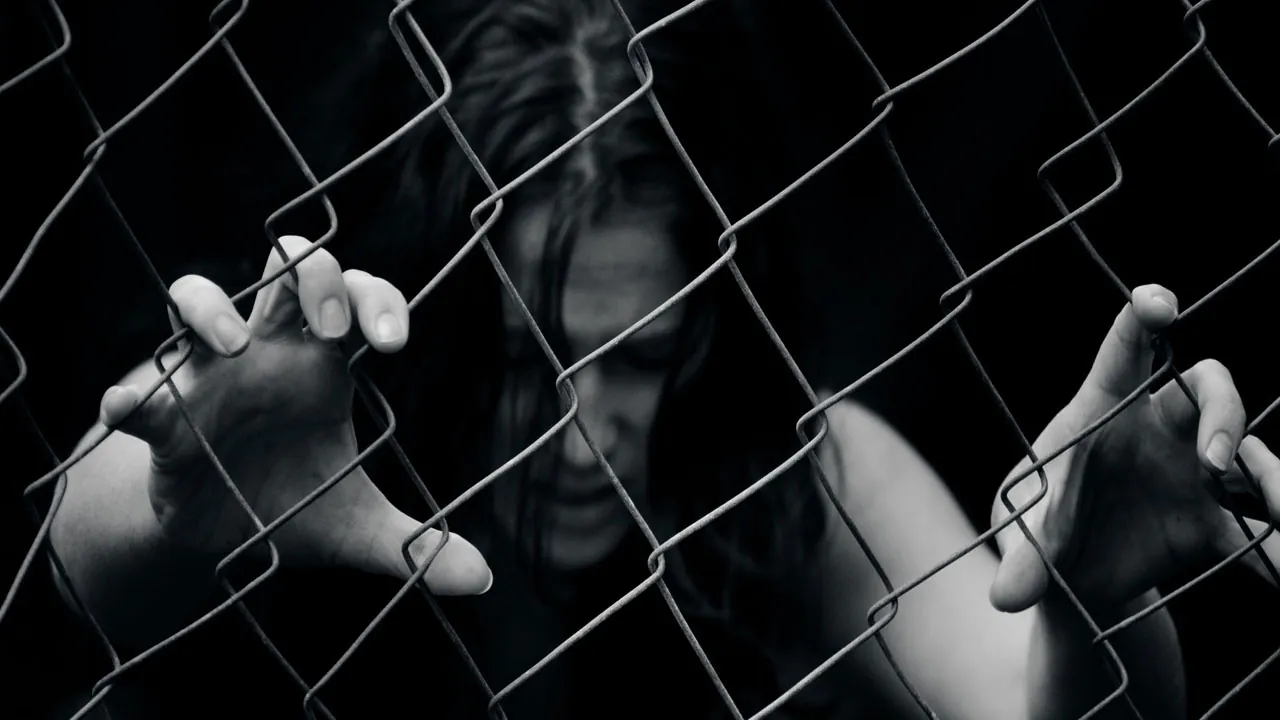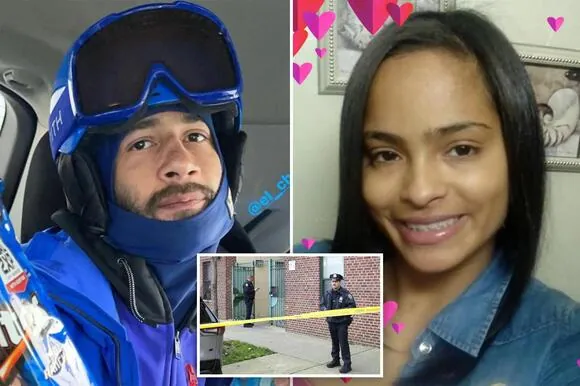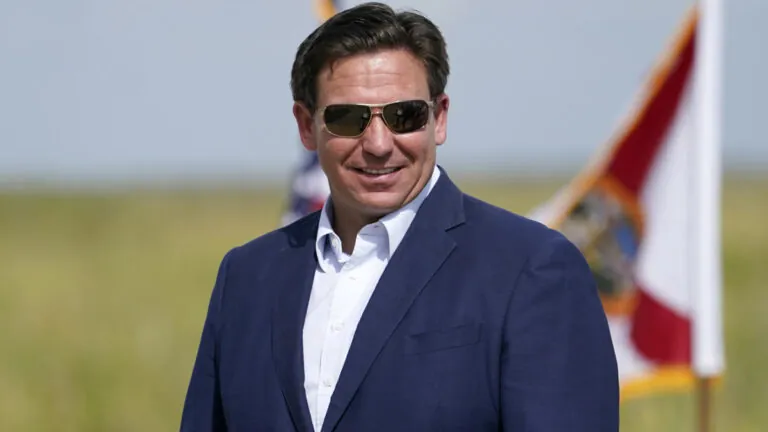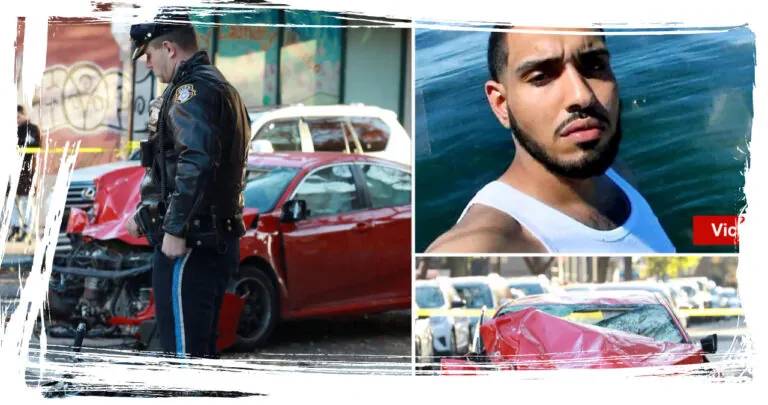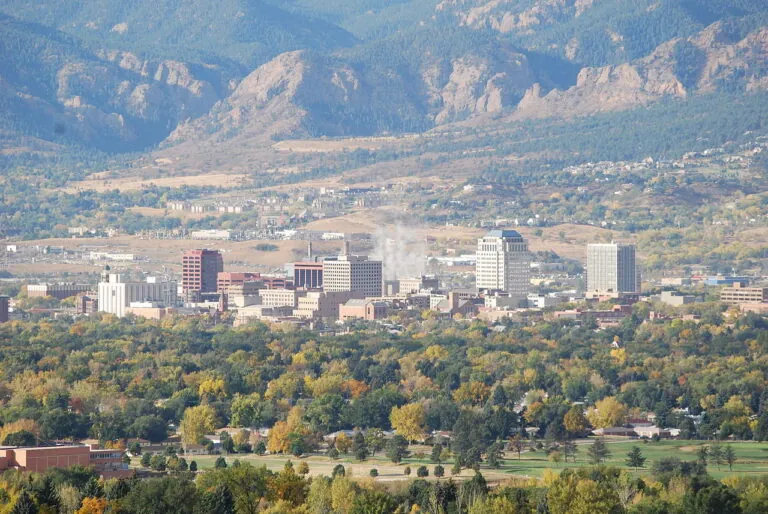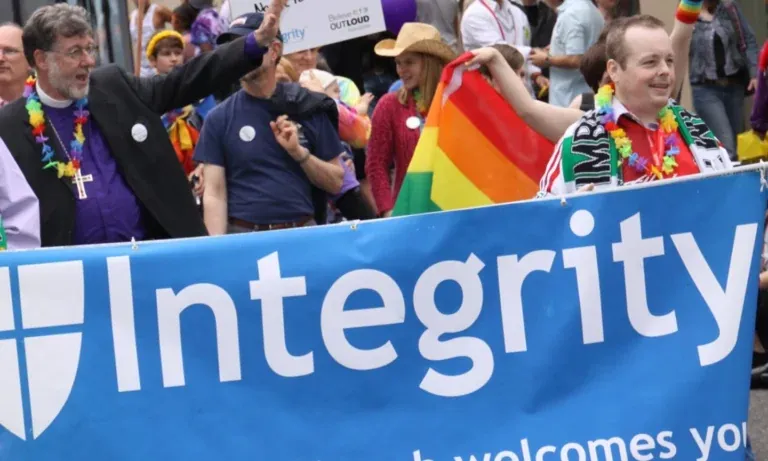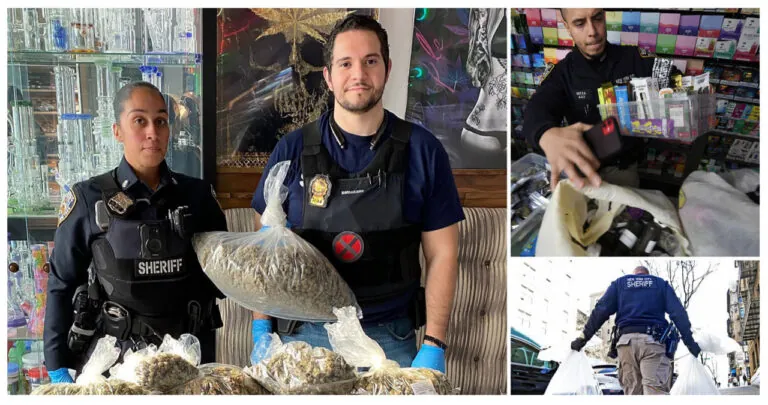This City In Missouri Has The Highest Human Trafficking Rate In The State!
According to the National Human Trafficking Hotline, St. Louis, Missouri has the highest human trafficking rate in the state. In 2021, the hotline received 1,103 tips related to human trafficking in Missouri, with the majority of those tips coming from St. Louis. The city’s large population, interstate highway system, and proximity to other major cities make it a prime target for traffickers.
The Grip of Trafficking in St. Louis
St. Louis stands as a prime target for human traffickers, its confluence of factors creating a fertile ground for exploitation. The city’s large population, sprawling highways, and proximity to major commercial hubs provide traffickers with a vast landscape to operate within.
Factors Fueling the Trafficking Crisis
The city’s socioeconomic landscape plays a significant role in its vulnerability to human trafficking. High rates of poverty, homelessness, and substance abuse leave individuals more susceptible to the manipulative tactics of traffickers. The city’s bustling sex industry further exacerbates the problem, creating a demand for victims and providing traffickers with a lucrative market.
| Factor | Description |
|---|---|
| Large population | St. Louis’ large population provides a large pool of potential victims for traffickers. |
| Interstate highway system | St. Louis’ location on major interstate highways makes it easy for traffickers to transport victims across the country. |
| Proximity to other major cities | St. Louis’ proximity to other major cities makes it easy for traffickers to move victims between cities. |
| High rates of poverty and homelessness | St. Louis’ high rates of poverty and homelessness can make people more vulnerable to human trafficking. |
| Large sex industry | St. Louis’ large sex industry provides traffickers with a market for their victims. |
Faces of Exploitation: The Victims
Human trafficking victims in St. Louis represent a diverse demographic, spanning age, gender, and socioeconomic backgrounds. However, women, transgender individuals, and minors are disproportionately affected. Traffickers prey on their vulnerabilities, exploiting their financial hardship, lack of support systems, and limited access to resources.
Forms of Trafficking: Ensnared in Different Ways
Human trafficking manifests in various forms, each leaving a devastating impact on victims. Sex trafficking, the most common form, forces individuals into commercial sexual exploitation. Labor trafficking exploits individuals for forced labor, often in hazardous or exploitative conditions.
The Human Cost: Beyond Physical Abuse
The physical and psychological trauma inflicted upon victims is immense. Physical abuse, sexual assault, and forced labor are commonplace, leaving victims with debilitating injuries, emotional scars, and lasting psychological damage.
Impact on Society: A Tangled Web of Consequences
Human trafficking extends its tentacles far beyond the immediate harm to victims. It erodes social cohesion, undermines economic stability, and tarnishes the city’s reputation. The fear of trafficking cast over communities hinders personal safety and stifles economic growth.
Combating the Crisis: A Multifaceted Approach
Tackling human trafficking in St. Louis requires a comprehensive and collaborative approach, involving law enforcement, community organizations, and government agencies. Law enforcement must prioritize the investigation and prosecution of traffickers, while community organizations provide support and rehabilitation services to victims.
Law Enforcement’s Role: Pursuing Justice
The St. Louis Metropolitan Police Department’s Human Trafficking Unit plays a crucial role in combating trafficking. The unit investigates cases, identifies victims, and collaborates with federal agencies to disrupt trafficking networks.
Community Organizations: A Lifeline for Victims
Numerous community organizations in St. Louis provide a lifeline for trafficking victims. These organizations offer safe housing, counseling, legal assistance, and job training, empowering victims to rebuild their lives.
Government Initiatives: Strengthening the Framework
Missouri state government has taken steps to combat human trafficking, passing legislation that strengthens penalties for traffickers and expands resources for victims. However, more needs to be done to address the root causes of trafficking, such as poverty, homelessness, and substance abuse.
Conclusion
Human trafficking in St. Louis is a complex and multifaceted issue that demands a concerted effort from all stakeholders. By working together, law enforcement, community organizations, government agencies, and individuals can dismantle trafficking networks, protect vulnerable individuals, and restore hope to those affected by this heinous crime. Only through collective action can St. Louis break free from the grip of human trafficking and reclaim its status as a city of compassion and justice.
If you are concerned about human trafficking in St. Louis, you can contact the National Human Trafficking Hotline at 1-888-373-7888 or visit humantraffickinghotline.org.
FAQ’s
Why is St. Louis a hotspot for human trafficking?
St. Louis is a prime target for human traffickers due to its large population, interstate highway system, proximity to other major cities, high rates of poverty and homelessness, and large sex industry.
What are the different forms of human trafficking in St. Louis?
The most common forms of human trafficking in St. Louis are sex trafficking and labor trafficking. Sex trafficking forces individuals into commercial sexual exploitation, while labor trafficking exploits individuals for forced labor, often in hazardous or exploitative conditions.
Who are the victims of human trafficking in St. Louis?
Human trafficking victims in St. Louis come from all walks of life, but women, transgender individuals, and minors are disproportionately affected. Traffickers prey on their vulnerabilities, exploiting their financial hardship, lack of support systems, and limited access to resources.
What is being done to combat human trafficking in St. Louis?
Combating human trafficking in St. Louis requires a comprehensive and collaborative approach, involving law enforcement, community organizations, and government agencies. Law enforcement must prioritize the investigation and prosecution of traffickers, while community organizations provide support and rehabilitation services to victims.

